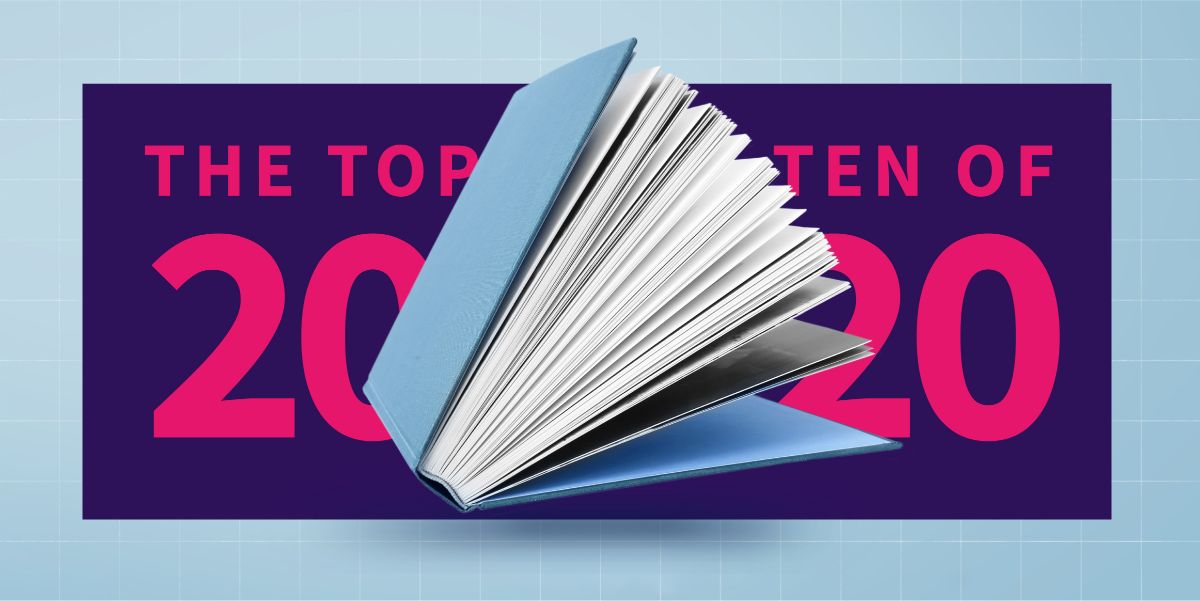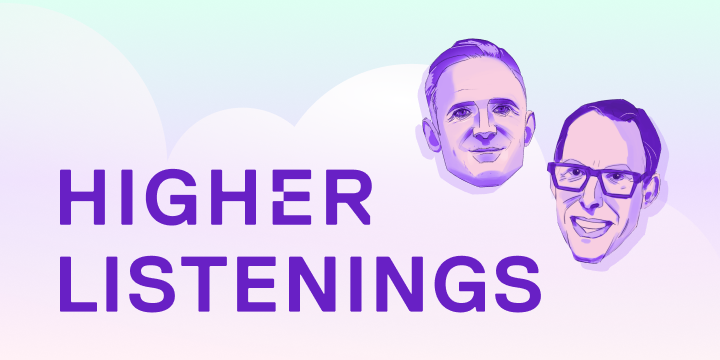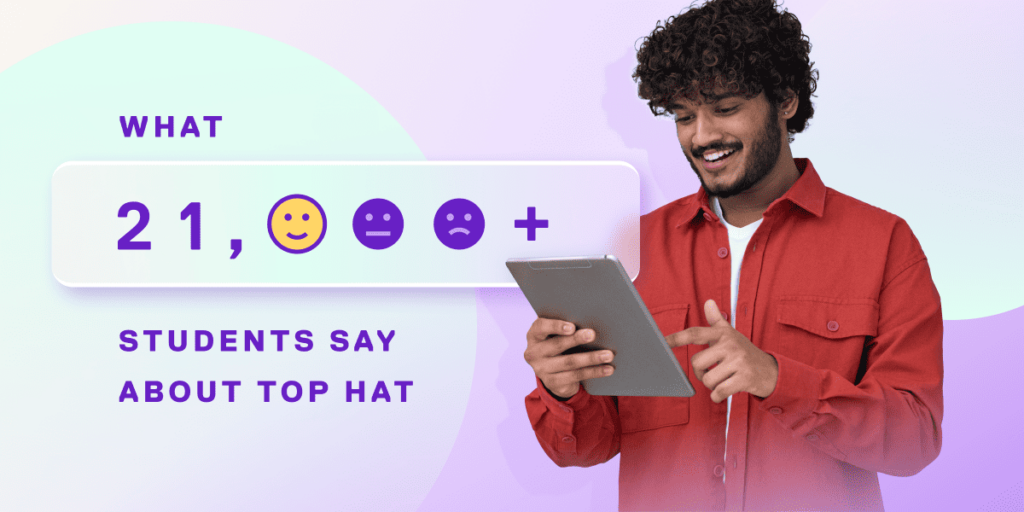The year 2020 was uncharted territory for virtually every professor. Diversity, inclusion, human connection and online teaching were all important topics nearly every educator tackled. While we’re not out of the woods yet, we can turn to the vast array of literature from 2020 for support, guidance and optimism this semester. Here’s our list of great books to help you become a more effective, efficient and empathetic educator wherever you’re teaching.
1. Radical Hope: A Teaching Manifesto
In 2020, colleges grappled with budget cuts, precarious employment and sociopolitical hurdles. Written by Kevin Gannon, Director of the Center for Excellence in Teaching and Learning at Grand View University, this book responds to the state of flux we’re living in with an emphasis on social justice. Gannon frames a variety of sociopolitical issues as opportunities for critical engagement—with an end goal to leave you feeling inspired and hopeful in our constantly changing world.
2. Syllabus: The Remarkable, Unremarkable Document that Changes Everything
Students (and some educators) may think of a syllabus as a static, semester-long course contract. But William Germano, Professor of English at Cooper Union, and Kit Nicholls, Director of the Center for Writing at Cooper Union, have redefined this document. They urge educators to take a backwards approach, where course material and assignments are built around student needs. Whether you’re a new teacher or tenured professor, this book offers concrete suggestions for how to incorporate the student voice into your next syllabus.
3. Relationship-Rich Education
Students learn best with high expectations and high faculty support. Peter Felten, Executive Director of the Center for Engaged Learning at Elon University and Leo Lambert, President Emeritus of Elon University, incorporate 400 interviews with students, faculty and staff across 29 colleges to emphasize the importance of building a learning community. The book is an invitation for faculty to place place student well-being at the heart of any classroom management strategy—in order to minimize inequities and to support struggling students.
4. How To Be an Antiracist
2020 offered a chance for citizens worldwide to re-examine their political and racial beliefs. Ibram Kendi, Professor in the Humanities at Boston University, helps readers understand ingrained forms of oppression—and presents ways to oppose these ideas and mindsets. This book is a must-read for educators who want to empower their students through critically informed, equitable pedagogies.
5. Distracted: Why Students Can’t Focus and What You Can Do About It
You might think that distractions arise in learning environments because of cell phones and social media. James Lang, Professor of English and Director of the D’Amour Center for Teaching Excellence at Assumption College, suggests otherwise in his latest book. Rather than lecturing for long periods, he pushes for active learning and critical thinking using twenty-first century technologies that young people are familiar with. You’ll learn how to effectively cultivate your students’ attention online, without banning common distractions.
6. 99 Tips for Creating Simple and Sustainable Educational Videos: A Guide for Online Teachers and Flipped Classes
Online learning is mostly effective when fostering positive and interactive relationships with students. Whether you teach synchronously or asynchronously, Karen Costa, Founder of 100 Faculty, offers strategies to create effective videos using technology you already have. Embedded QR codes throughout the book allow you to view sample videos and screencasts, helping you further your professional learning step-by-step.
7. They Said This Would Be Fun: Race, Campus Life, and Growing Up
Going to a predominantly white university as a person of color wasn’t easy for Eternity Martis, an award-winning journalist from Toronto. In her book, Martis reflects on the labels she was given, her hardships dealing with her white counterparts and shares how she’s become a resilient leader since her experiences with the Canadian postsecondary school system. You’ll learn about the struggles that students of color face and how to best support them at your school.
8. Ungrading: Why Rating Students Undermines Learning (and What To Do Instead)
A grade-free college experience may soon define the assessment process in higher education. Susan Blum, Professor of Anthropology at the University of Notre Dame, advocates for student learning over sorting students into categories based on their marks. You’ll hear from 15 innovators in higher ed on their experiences removing grades from their classes. This book is packed with professor testimonials on why and how this groundbreaking pedagogy is the way of the future.
Assessments may look different with online teaching—but when done right, can still be motivating and engaging. Download our free assessment guide for 20 assessment ideas for any virtual class.
9. Who Gets In and Why: A Year Inside College Admissions
Today, university applicants are weighed against the school’s agenda. Jeffrey Selingo, an award-winning higher education journalist and a special advisor to the president of Arizona State University, takes a case study approach to show the setbacks and triumphs of three students transitioning from high school to their first year of college. Throughout the book, you’ll get an intimate look at how school leaders make admissions choices—plus, graduate students looking to further their education will better be able to assess their strengths when preparing their application.
10. The Productive Online and Offline Professor: A Practical Guide
Productivity might be the end goal of any workday. But Bonni Stachowiak, Dean of Teaching and Learning at Vanguard University, redefines what meaningful work should look like in her book. Whether you’re teaching real-time or self-paced classes, she suggests there isn’t a set time that the work day ends. Stachowiak shares techniques for keeping lesson plans relevant and impactful, without causing you to break a sweat.


